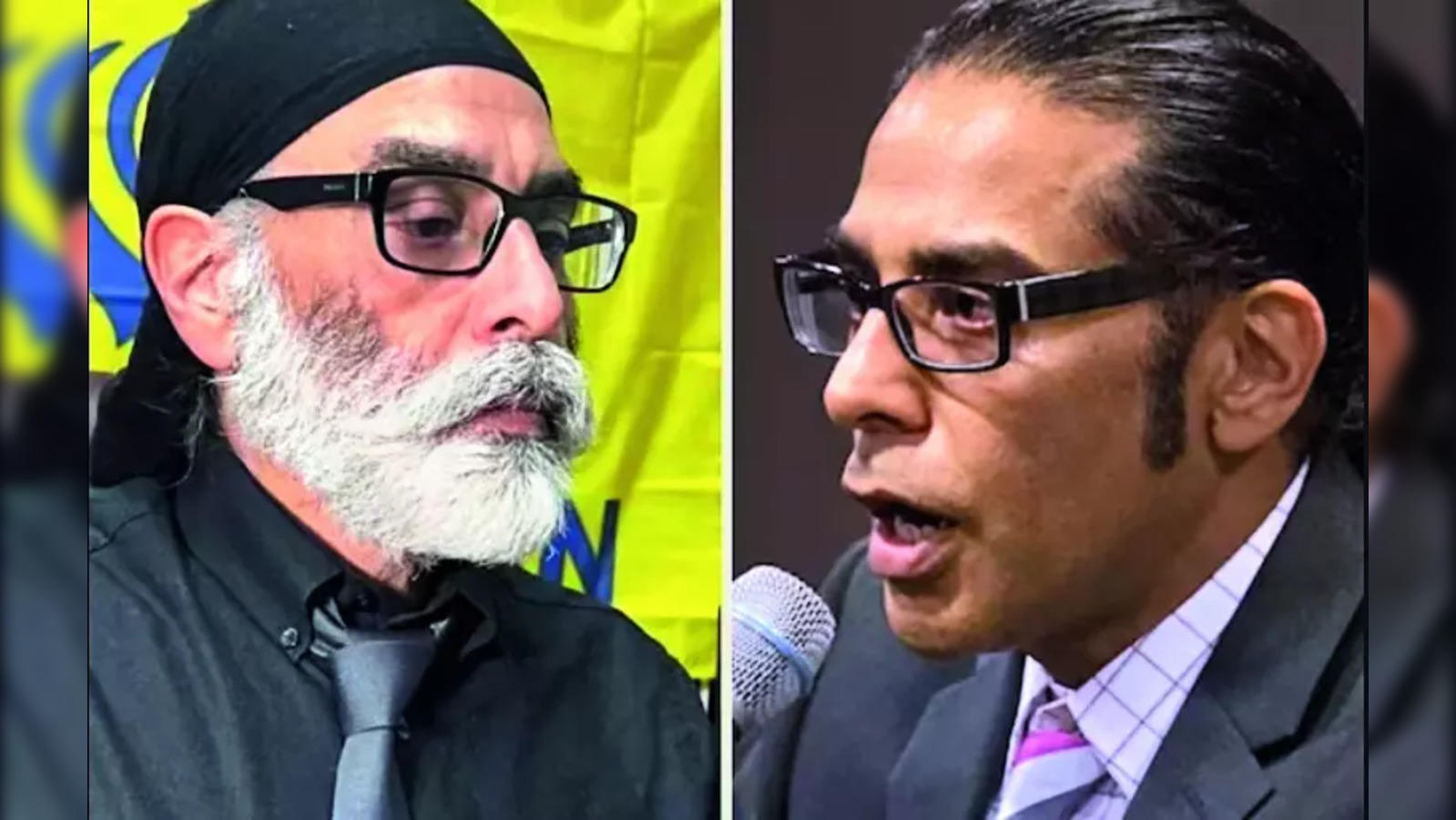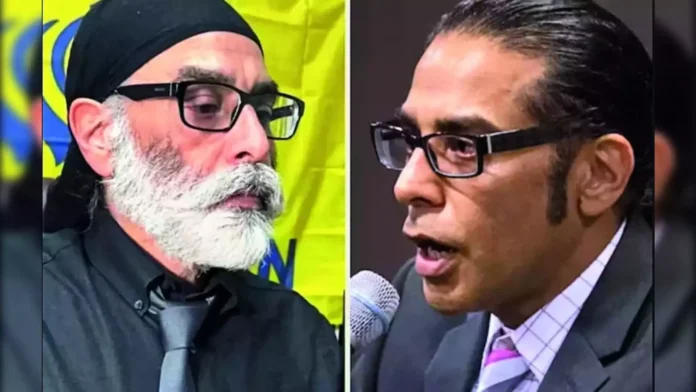Nikhil Gupta, accused of orchestrating a plot to hire a hitman to target Khalistani leader Gurpatwant Singh Pannun, has maintained his innocence in a US federal court. Gupta, who was extradited from the Czech Republic, requested a Hindi-speaking lawyer and access to a prayer book that was confiscated after his arrest. His plea of not guilty sets the stage for a full trial, with legal proceedings unfolding amidst intricate accusations of conspiracy, money laundering, and international intrigue.

Gupta Pleads Not Guilty: The Implications of His Stance
Appearing before Judge Victor Marrero in a New York federal court, Gupta reiterated his plea of innocence, stating through his lawyer that he was not guilty of the charges against him. He faces serious accusations, including conspiracy to hire a hitman, executing a “murder-for-hire” scheme, and money laundering. His plea of not guilty implies that the case will proceed to trial, with both sides presenting their evidence and arguments in what promises to be a complex legal battle.
This is not the first time Gupta has asserted his innocence. During his first court appearance in June, after being extradited from the Czech Republic, he made a similar plea. His defense hinges on challenging the validity of the accusations and the evidence presented by the prosecution, who allege that he tried to orchestrate the assassination of Pannun by hiring what he thought was a hitman but was, in reality, an undercover federal agent.
Gupta’s request for a Hindi-speaking lawyer indicates his discomfort with the proceedings, as he stated that he is not fluent in English. This language barrier could be a critical point for the defense, as any miscommunication or misunderstanding during the trial could jeopardize His ability to present his case effectively.
The Alleged Plot and Arrest: Gupta’s Legal Challenges
Gupta’s case stems from a high-profile plot that allegedly aimed to assassinate Gurpatwant Singh Pannun, a prominent Khalistani separatist leader. The US prosecution claims that the suspect , under the direction of former RAW (Research and Analysis Wing) official Vishal Yadav, sought to hire a hitman to carry out the assassination. According to legal documents, Yadav, a former assistant commandant in India’s Central Reserve Police Force and a senior field officer with RAW, instructed Gupta to proceed with the plot.
However, the plan fell apart when Gupta unknowingly approached a government informant, who then connected him with an undercover federal agent posing as a hitman. The prosecution asserts that Gupta paid the undercover agent a $15,000 advance, sealing his involvement in the alleged conspiracy. Gupta was subsequently arrested in the Czech Republic, and after months of legal proceedings, he was extradited to the United States to face charges.
Gupta’s legal team, led by Jeffrey Chabrowe, requested more time from the court to review the evidence, citing the voluminous documents produced by the prosecution. As a result, the next hearing has been scheduled for January 17, 2024, giving the defense time to build its case. Chabrowe also conveyed Nikhil’s request for access to the law library at the Metropolitan Detention Center (MDC) in Brooklyn, where Gupta is being held. He needs to review the evidence to aid in his defense, but frequent lockdowns at the facility have hindered his ability to do so.

Judicial Process and the Revised Indictment: What’s Next for Gupta?
As part of the legal proceedings, Nikhil was asked to formally respond to a revised indictment that was filed on the day before his court appearance. The updated document names Vishal Yadav as a co-defendant, though Yadav is not currently in the US and has not appeared in court. Despite this, legal experts suggest that Yadav’s absence will not affect His trial, as the cases can proceed independently.
During the arraignment, Nikhil was initially confused about whether he had read the revised indictment, leading to a brief pause in the proceedings. Although his lawyer had read the charges to him, Gupta expressed concern that he had not personally reviewed the document. After a whispered conversation with his lawyer, He decided to proceed, reaffirming his not-guilty plea. This confusion could underscore the challenges faced by him , who has consistently claimed difficulties in navigating the English-language legal system. His plea for a Hindi-speaking lawyer highlights the importance of effective communication in ensuring a fair trial.
Critical Opinion: Challenges of Justice in an International Context
The case against Nikhil is emblematic of the complexities involved in prosecuting international crimes, particularly when they involve multiple jurisdictions and sensitive political contexts. While the charges against the suspect are severe, the presumption of innocence remains a fundamental principle of the US judicial system. His request for a Hindi-speaking lawyer raises important questions about ensuring that defendants, regardless of language barriers, can fully participate in their defense. It also reflects the broader challenges faced by non-English-speaking defendants navigating foreign legal systems.
Furthermore, the involvement of a former RAW official and the nature of the charges—targeting a Khalistani leader—add layers of geopolitical tension to the case. While Pannun has been a vocal advocate for Khalistan, a separatist movement in India, Gupta’s alleged involvement in a murder-for-hire plot to silence him raises broader concerns about international espionage and political assassinations.
If proven guilty, He could face severe penalties, including lengthy imprisonment. However, his defense team is likely to argue that Gupta was entrapped by government agents, and that his involvement in the alleged plot may not have been as direct as the prosecution suggests. The outcome of the case will depend heavily on the evidence presented during the trial, and on whether Nikhil can mount a successful defense.
For now, all eyes remain on the upcoming trial, where the suspect will face the full force of the US legal system. Whether his plea of innocence will stand up to scrutiny remains to be seen, but one thing is certain: this case will continue to attract international attention as it unfolds.

